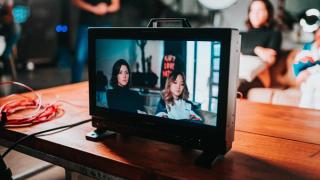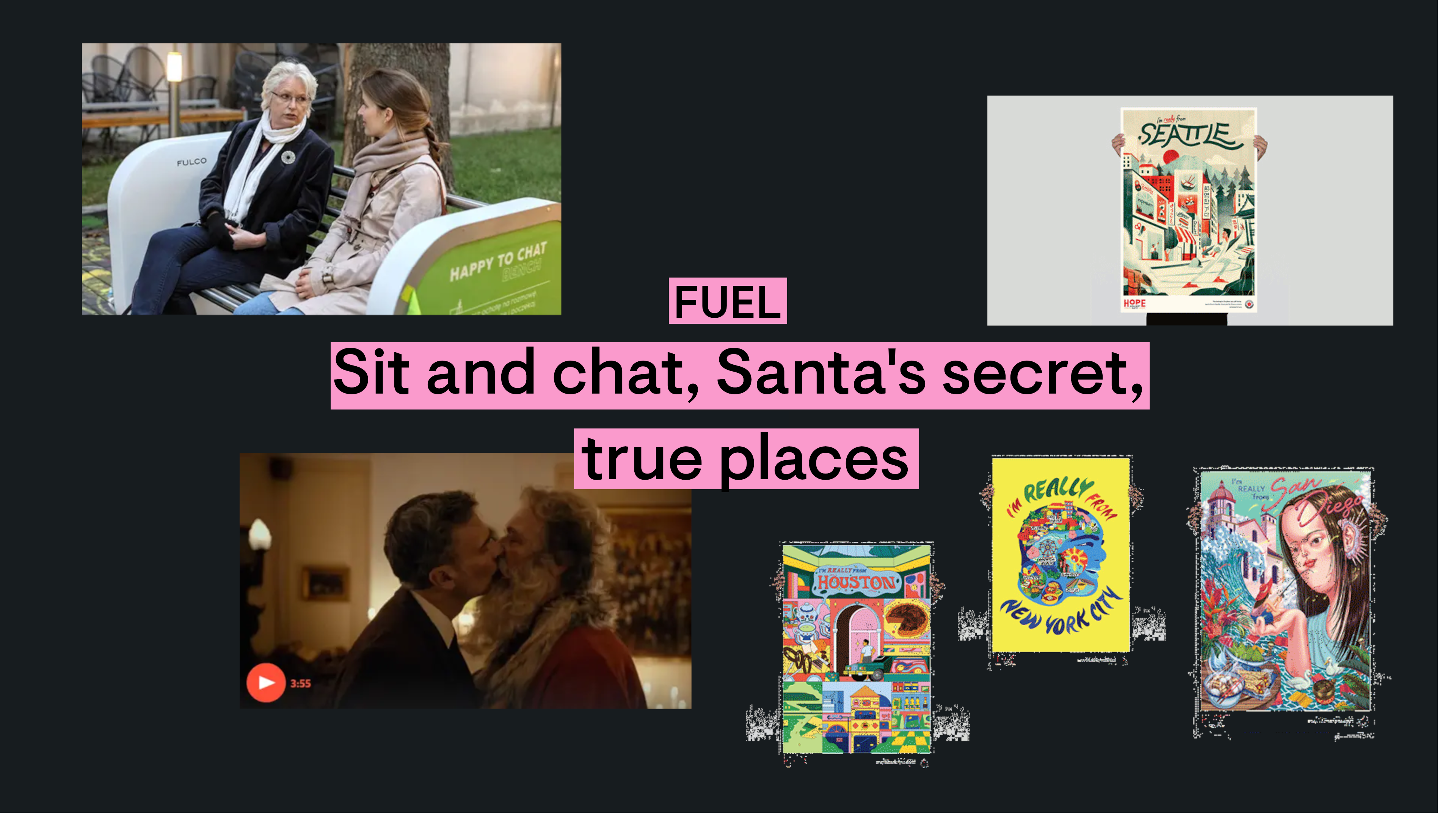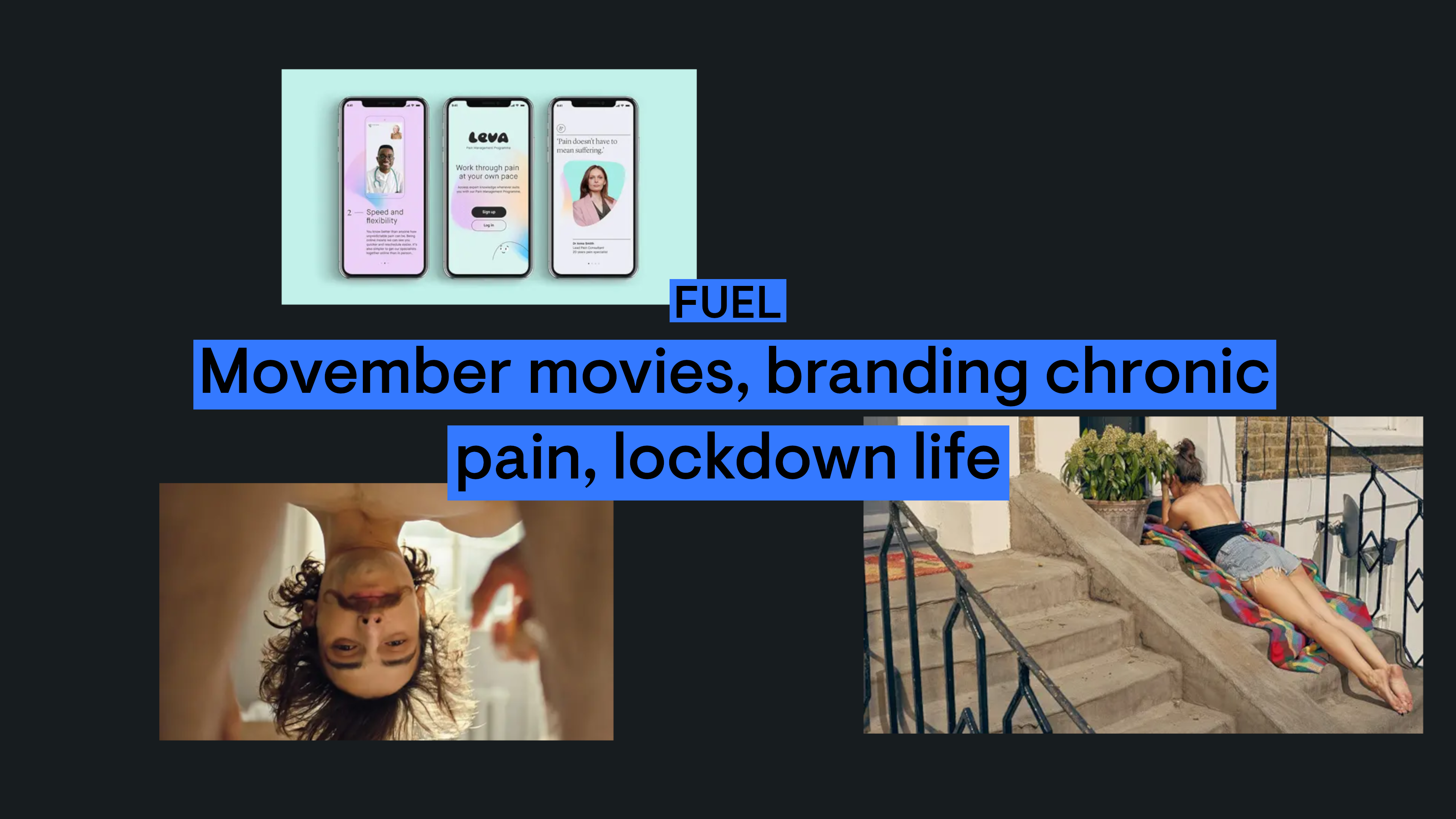In this blog... As we seek out innovative solutions to some of the greatest challenges of the day, digital design seems to offer a great many answers. And yet, we still spend most of our time in a physical world. It’s here that we experience challenges such as climate change and accessibility at first hand. This week, we highlight three examples where product design is making the solutions tangible.
- Dyson’s clean air on the move
- Reducing Covid testing’s environmental impact
- Making music accessible for all
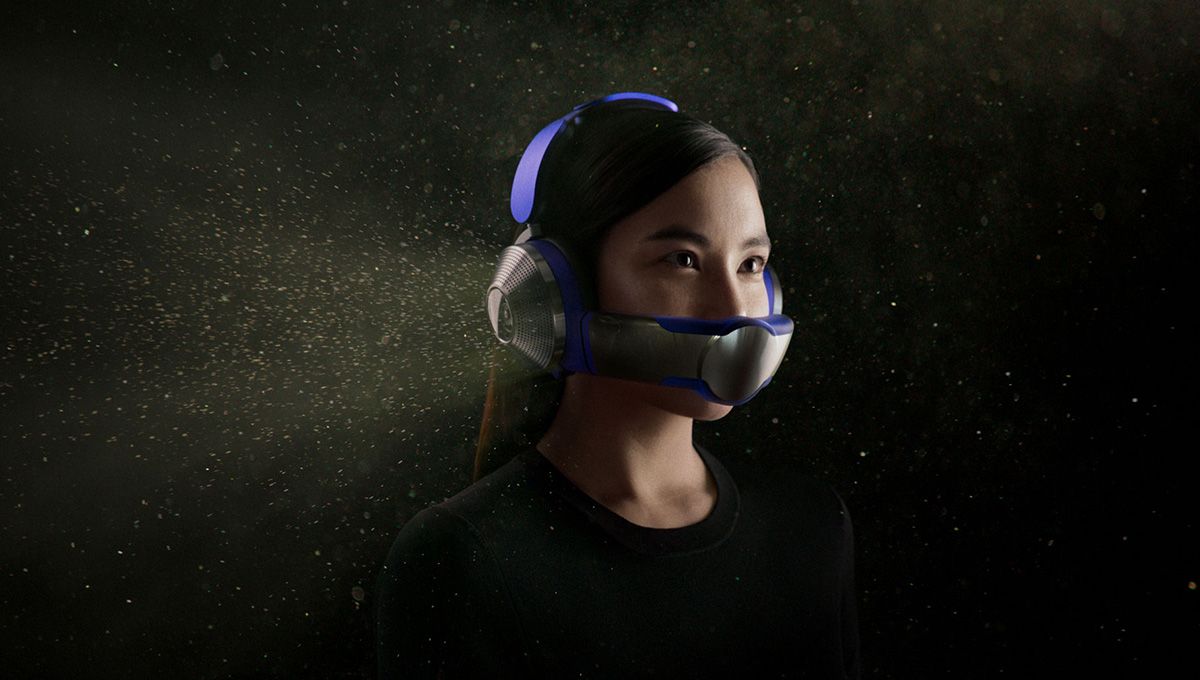
Clean air, up close
Recent research from tech giant, Dyson, reveals that nine out of ten people world-wide breathe air that exceeds pollutant limits. In response, Dyson have produced their first wearable product, a personal air purifier. The Dyson Zone comprises a pair of wireless headphones and a visor which delivers clean, filtered air to the user on the go. The technology involved also adapts to different levels of activity and breathing patterns to maintain the optimum flow of air. While the product doesn’t pretend to be a solution to global air pollution, it does at least provide some relief at an individual level for those who live and breathe in highly-polluted areas.
Emma Beavers, one of Thompsons Account Executives, says:
“The thought of this technology amazes me, it reminds me of something you'd see in a futuristic movie. But then I start to think of the accessibility of it. Will everyone be able to afford it? It's great to see advances in technology but with developments like this at usually high prices, it means only a small group will be able to afford the benefit of clean air.”
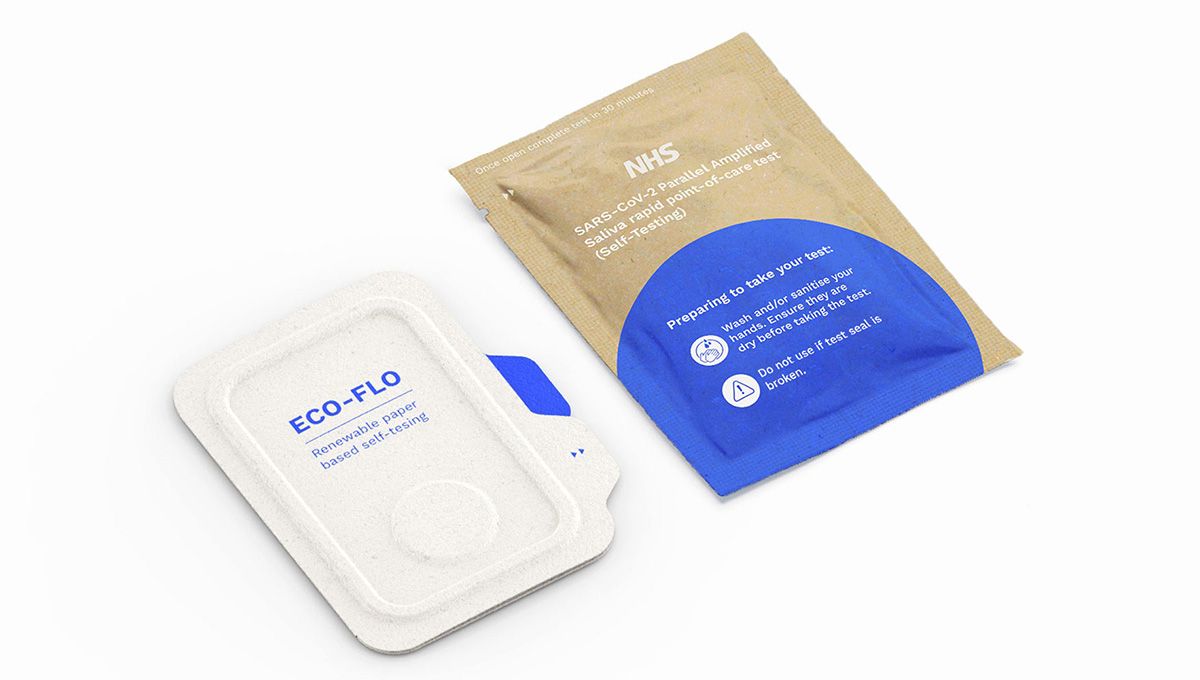
Cutting the environmental cost of COVID
While there’s been much discussion around the impact that COVID-19 has had on our lives over the past two years, there’s been little talk about the environmental cost. Research suggests the UK’s lateral flow testing programme has contributed enough plastic waste to fill 19 Olympic-sized swimming pools.
Morrame, a London-based design company, have addressed the problem by creating the Eco-Flo kit, a lateral flow test made from sustainable materials. Made from biodegradable and recyclable materials the kit removes the need for multiple pieces of single-use plastic. The team has also developed technology that detects the virus through saliva samples, removing the need for nasal swabs. This new method makes testing far easier for children and people with disabilities.
Nick Hynes, our Head of Brand Voice, says:
“This will certainly help to settle a domestic argument! My wife has had a habit of throwing spent LFTs in with the recycling. I’ve always taken them out, in the belief that no-one's going to want to recycle a positive test... At least now, we know they’re designed to be recycled.”
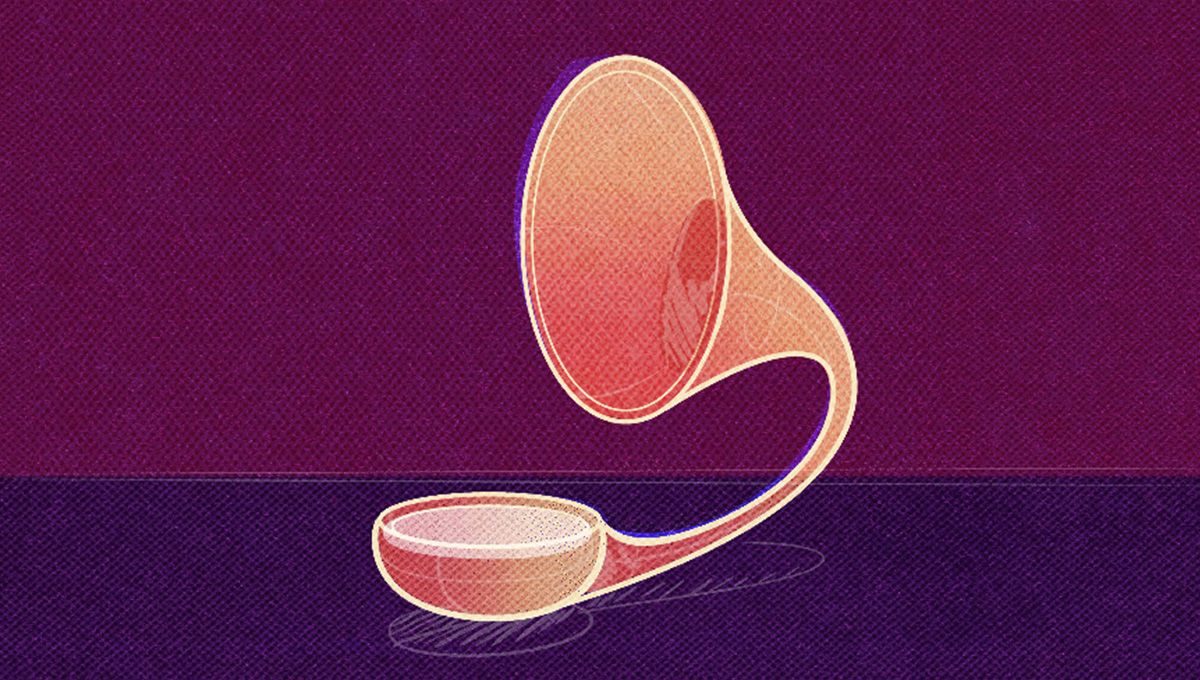
Music for all
Playing a musical instrument is a unique opportunity for self-expression and connection with others. However, mastering an instrument places particular physical demands upon the player, and for anyone with a disability, that can be an insurmountable barrier. This has led some designers to create new instruments that give disabled musicians the chance to make music. Created by Human Instruments, Touch Chord is a touch-sensitive, breath-controlled instrument which allows the player to play notes and chords over three octaves using only two fingers. The unique design means the player does not need previous musical training to play and write complex chord sequences or melodies.
Al Connolly, one of Thompsons Designers, says:
“Everyone at one point in their life should have a go at making music, songs and sounds don’t need to be complex or beautifully structured to be considered good. I love the idea of Touch Chords making music accessible regardless of ability or skill. Music is for everyone, all that matters is how it makes you feel. Harlan Howard once described music simply as “three chords and the truth.”

